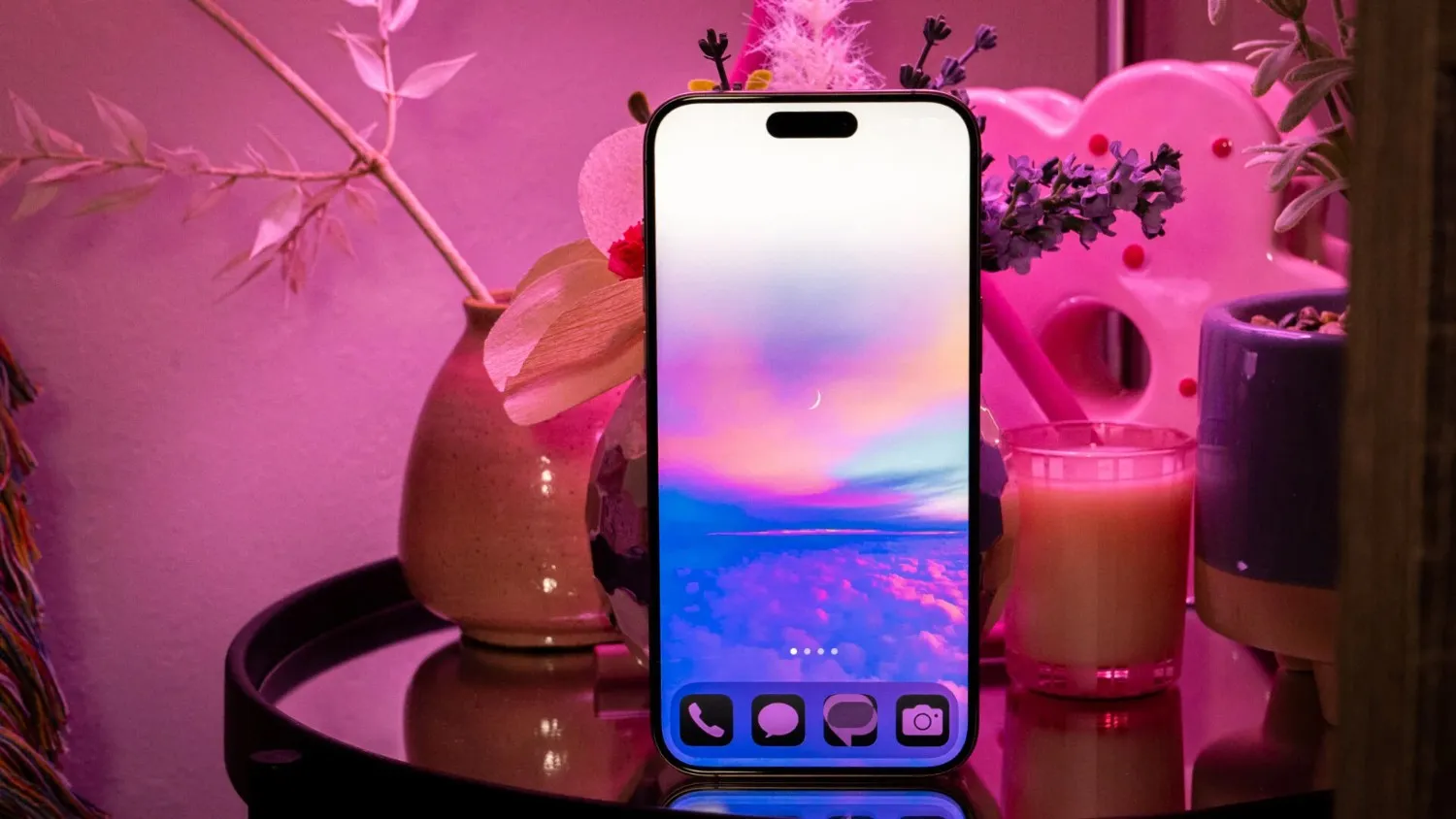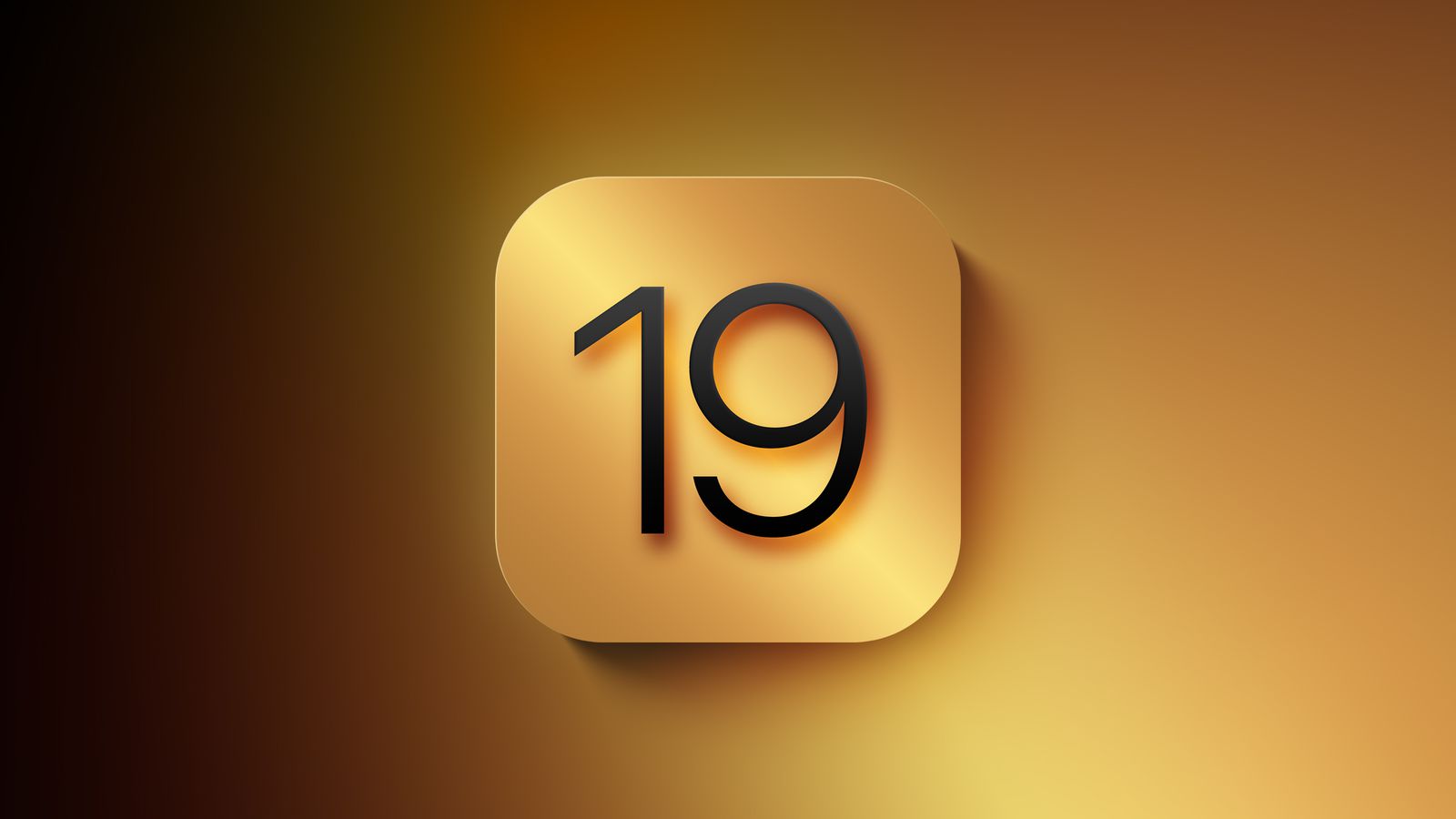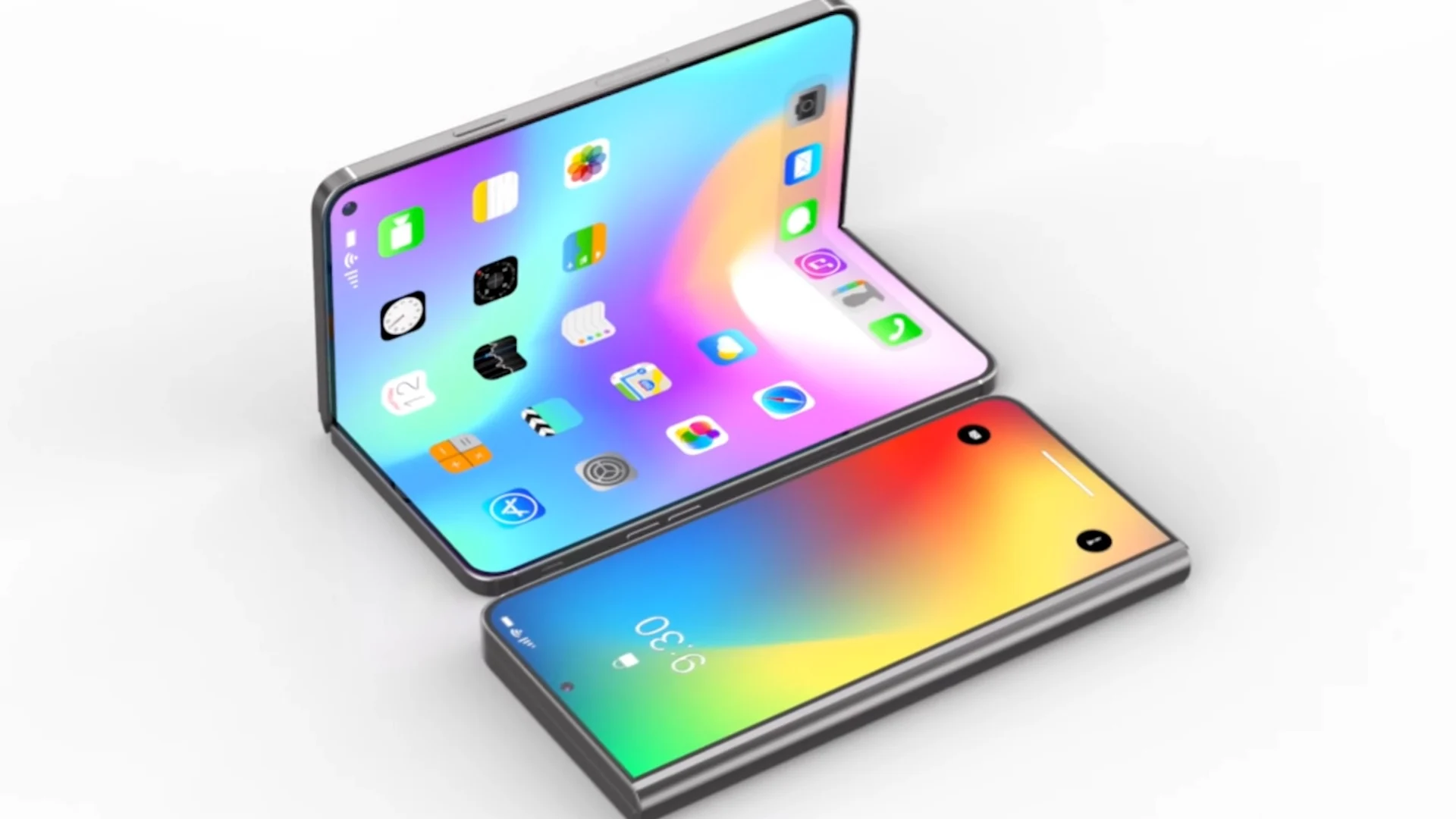Apple is preparing major updates for macOS and new AI-powered devices, and privacy is a key part of the plan. According to reports, macOS 16 will include a new system that warns users when apps read their clipboard data. This means you’ll get a clear notification if an app accesses copied text, passwords, or any other sensitive content.
The update builds on Apple’s existing privacy efforts, similar to how iOS shows when apps access the camera or microphone. Users will be able to control which apps can access the clipboard, giving them better security and more control over personal data.
Meanwhile, Apple is also working on its own pair of AI-powered glasses. These upcoming Apple Glasses may use a new machine learning model called FastVLM, which is designed to run locally and doesn’t require cloud access. This means the glasses could process voice commands, images, and even identify things around you without sending data online—making it more private and faster.
FastVLM was recently added to Apple’s open-source machine learning tools. It’s built for efficient visual and language tasks, like recognizing objects or reading signs. Apple is likely testing this for wearable tech, which fits the company’s push for on-device AI.
Overall, Apple’s next big software and hardware updates focus on smarter features and better privacy—something users have been asking for in today’s AI-heavy world.




